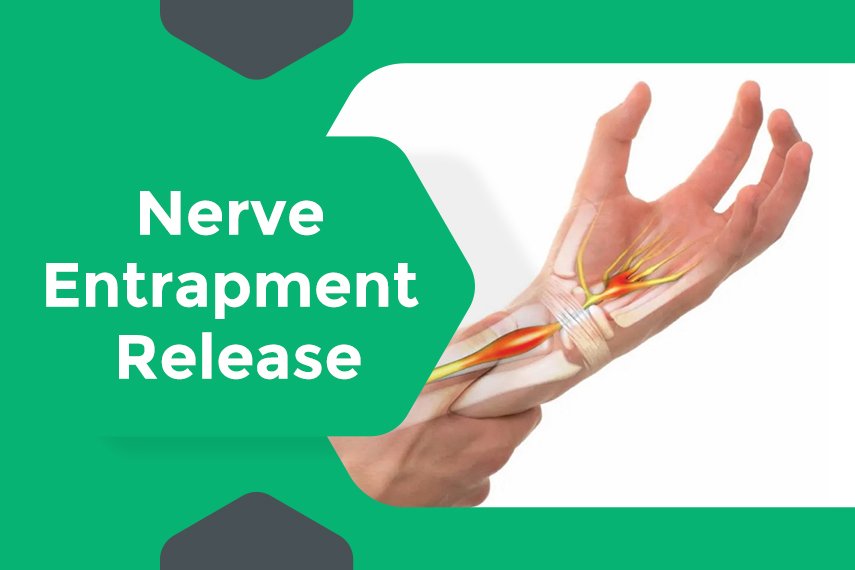Surgeries For Nerves

Introduction
Diabetes can lead to various nerve-related complications, affecting foot health and overall mobility. Nerve surgeries, including nerve entrapment release, neurolysis, and tendon transfers, are essential for alleviating pain, restoring function, and preventing further damage. At Surat Diabetic Foot Care, we specialize in advanced nerve surgeries to address these complications and improve patients' quality of life.
Signs & Symptoms
-
Persistent numbness or tingling in the feet
-
Sharp, burning, or shooting pain in the legs or feet
-
Muscle weakness or atrophy
-
Difficulty walking or performing daily activities
-
Loss of coordination or balance
When to Consult a Doctor
-
If you experience persistent pain or numbness in your feet
-
If you have difficulty walking or performing daily activities due to nerve-related issues
-
If conservative treatments have failed to relieve symptoms
-
If there are signs of nerve damage or entrapment
Treatment Offered
At Surat Diabetic Foot Care, we offer a range of surgical treatments to address nerve complications in diabetic patients:
- Nerve Entrapment Release: Surgical procedure to relieve pressure on compressed nerves.
- Neurolysis: Freeing a nerve from surrounding scar tissue to restore function.
- Tendon Transfers: Repositioning tendons to improve muscle function and relieve pressure on nerves.



